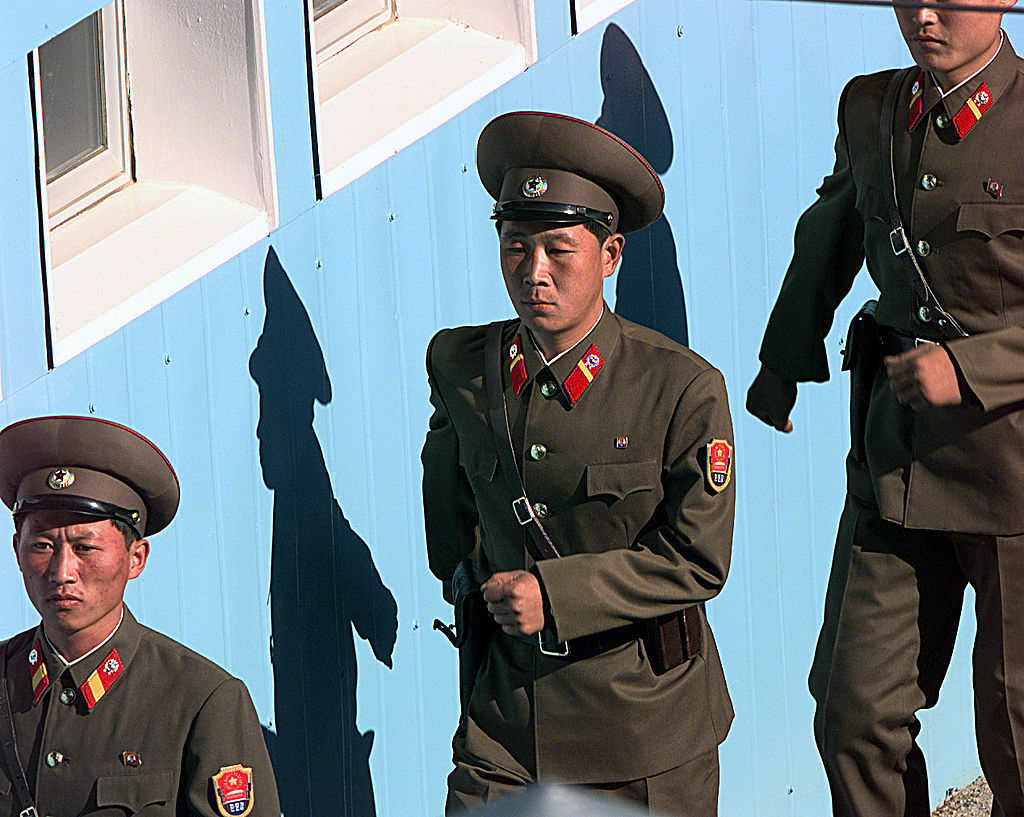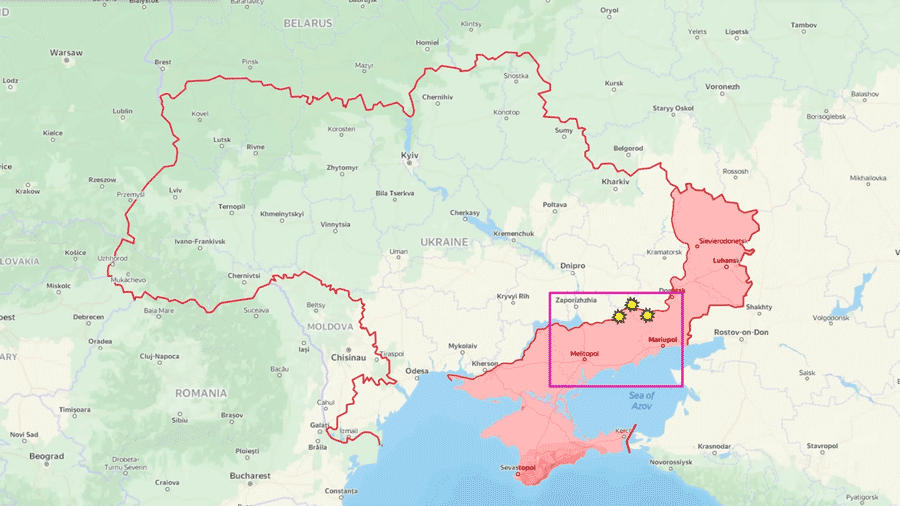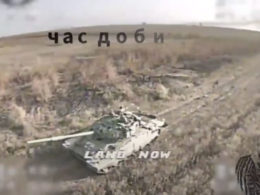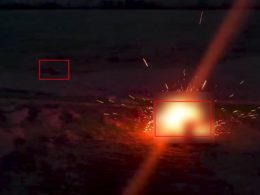17 December 2024. Today, there are a lot of interesting updates from the Kursk direction.

Here, the Russians, unable to intensify their attacks, sent in North Korean soldiers to open a new axis of advance. Tasked with clearing a path for Russian troops, the North Koreans quickly faltered against veteran Ukrainian defenders, being woefully unprepared for the realities of modern combat.
The Russian offensive goal is to take Malaya Loknya, with Russian forces concentrated in two axes of attack at Pogrebki and Novoivanovka. By attacking from these two directions, Russians hope to encircle a large group of Ukrainian forces located in the northwestern forests, and split off a significant chunk of the Ukrainian Kursk salient.

As you know, Russians have already suffered heavy casualties in these two axes of advance, with little to no progress to show for it. This caused Russians to lack the additional forces needed to intensify operations outside their efforts at Novoivanovka and Pogrebki. This meant that after weeks of training and integration into Russian VDV and marine brigades, it was finally time to send in the North Korean soldiers, to see what they were made of.
The forests that the Russians selected for the first North Korean attack could serve as a staging ground for a flanking attack against the Ukrainian positions north of Novoivanovka, mutually supporting the main Russian effort to advance to Malaya Loknya. Furthermore, if we look at the topographic map, we can see that the forest is located in the lowlands, in a branch of the Malaya Loknya River.

Here, the North Koreans would attempt to move from the hills into the forests below, advancing slowly on the town of Kruglen'koe. By stretching the Ukrainian forces in the forest and Kruglen'koe, the Russians and North Koreans would be able to join their two axis of advance for a combined offensive on Malaya Loknya.
Based on their obsolete experience from the Korean War, North Korean tactics required their assault formations to accumulate a large number of forces in preparation for overwhelming infantry-based attacks. North Korean soldiers were meant to serve as the first wave of the Russian attack towards the forest, establishing a foothold and clearing the way for Russian soldiers to advance in after them. The start of this assault was officially marked by many as the first engagement of the North Korean Army in seventy years since the Korean War ended in a ceasefire.
Combat footage from the area shows a pure-infantry assault involving up to fifty North Korean stormtroopers. North Korean commanders directed their forces to advance in columns toward the forest, to minimize casualties from Ukrainian landmines.
Trending Now

However, the attackers were largely unprepared for modern drone warfare. Despite some training, North Korean forces remained unfamiliar with the impact of drone surveillance and precision strikes, which seemed unrealistic to them. This lack of preparedness allowed drone-corrected artillery fire and targeted drone strikes to catch them completely off guard.
The survivors who managed to cross the fields were left disorganized, and as they grouped up at the forest's edge, they became easy targets for continued Ukrainian drone strikes. Disturbingly, several North Korean soldiers were seen pleading with Ukrainian drone operators for their lives. In the end, the North Korean attack failed to achieve its objective of facilitating a swift advance toward Malaya Loknya, resulting in a decisive and costly failure.

Overall, the North Koreans suffered catastrophic losses near Kruglen'koe in their attempt to establish a tactical bridgehead in the forest. These losses were primarily due to their complete lack of familiarity with the dynamics of modern warfare, where drones play a decisive role, inflicting a majority of their casualties.
Despite these setbacks, the bridgehead created by the North Koreans now provides the main Russian force with a staging ground for further advances toward Kruglen'koe. The third axis of advance, formed by a joint effort between North Korean and Russian units, is likely to turn into yet another disastrous kill zone. This reflects Russian desperation to gain control of Malaya Loknya, while the heavy losses sustained by the North Koreans foreshadows further disaster for the highly anticipated future assaults.
In our regular frontline report, we pair up with the military blogger Reporting from Ukraine to keep you informed about what is happening on the battlefield in the Russo-Ukrainian war.





